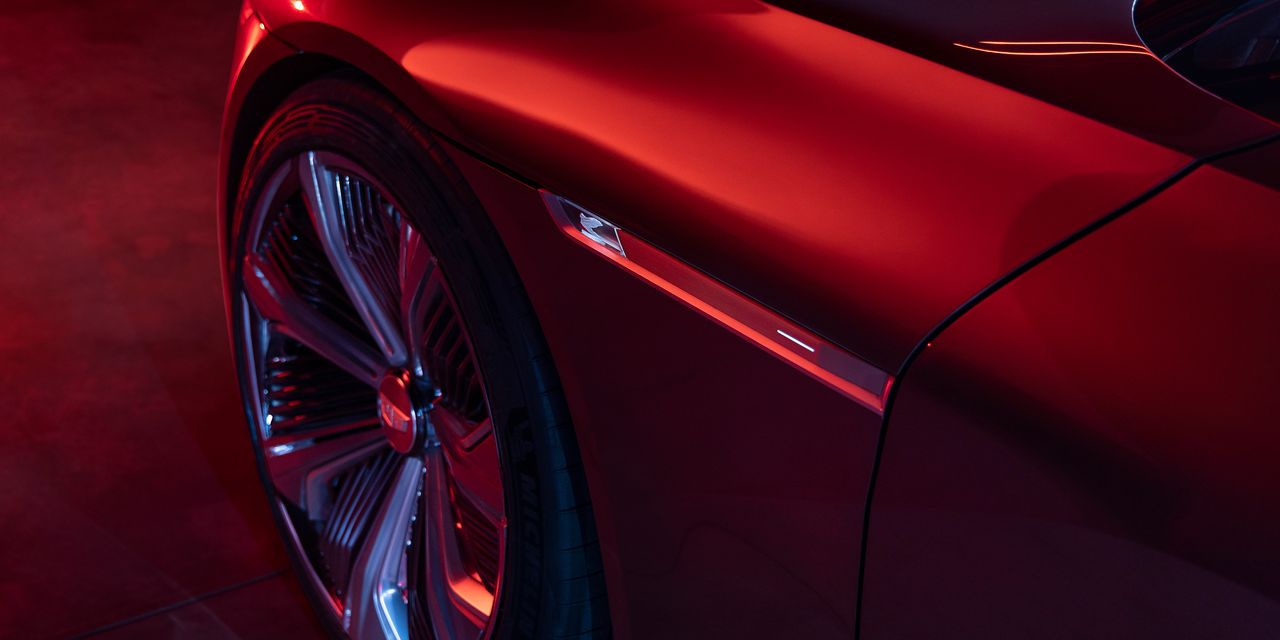Can small be beautiful for EV batteries?
Spurred on by Tesla, most rich-world electric vehicle makers have been competing to squeeze more driving range out of their battery packs. The $87,400-and-up
Lucid Air luxury EV has a top range of 520 miles between charges - currently best in the business, unless
Mercedes delivers a production version of the 600+ mile prototype it has been driving around Europe. A more affordable
Tesla Model Y Long Range is rated at 318 miles between charges.
A range of 300+ miles serves as the benchmark for being taken seriously in the United States and Europe and for more affluent consumers in China - because combustion vehicles offer that much range, and usually more, between fill-ups.
But what if battery makers and EV manufacturers came up with a different way to skin the range-anxiety cat – designing vehicles around smaller, much less expensive batteries that could be recharged very quickly?
That is the concept that a number of battery and EV companies are pursuing, especially in China, but in Western markets as well.
The quest for cheaper, faster-charging batteries drove a surge in investment in battery technology during 2021 compared with the year before, according to data compiled by Pitchbook.
Smaller, cheaper, faster-recharging batteries would make sense. Auto industry executives know from market research that most people in the United States drive fewer than 30 miles in a day, and in Europe and China the normal daily drive is even shorter.
The caveats: Most markets are a long way from having ubiquitous fast charging stations.
Then there’s that old devil, consumer psychology. Logically, most of us do not need a battery pack designed for 300+ miles of range. But most car buyers are not Mr. Spock, making decisions without emotions.
Instead, Americans have the Bruce Springsteen Complex - they want to believe they could, on any given day, take a wrong turn and drive all night down
Thunder Road. The new twist on this is the Indiana Jones Adventure fantasy that sells desert-ready Ford Broncos and Jeep Wranglers and Rivian RT1’s at ionospheric prices to people who never leave the pavement. (
Bruce Springsteen brought these two streams together when he made a Jeep ad.)
Could cheap, fast-charging EVs break through? Bet on commercial fleet buyers - who care only about total cost of ownership - making the switch first.

 www.wsj.com
www.wsj.com
